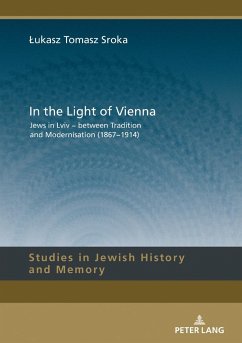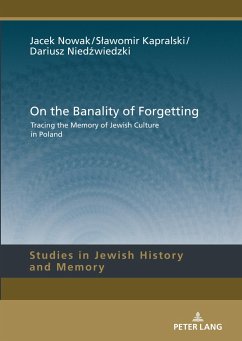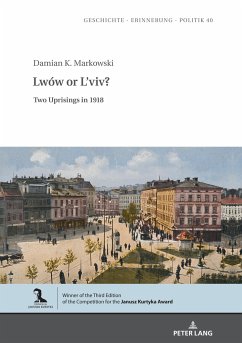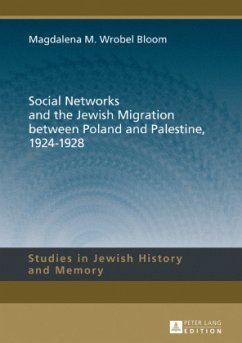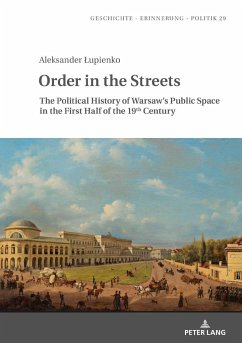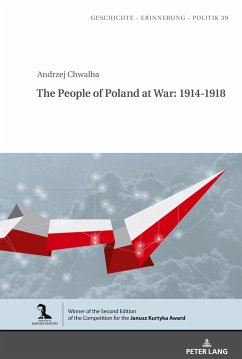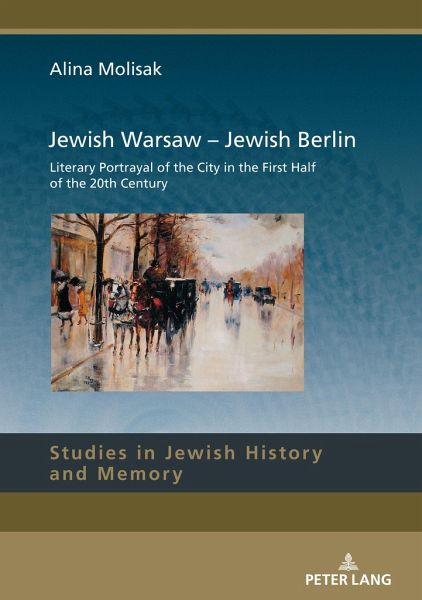
Jewish Warsaw - Jewish Berlin
Literary Portrayal of the City in the First Half of the 20th Century
Herausgegeben: Aleksandrowicz-Pedich, Lucyna;Übersetzung: Brzostowska, Anna; Giebultowski, Jerzy
Versandkostenfrei!
Versandfertig in 6-10 Tagen
66,75 €
inkl. MwSt.

PAYBACK Punkte
0 °P sammeln!
This book is a reflection on the Jewish presence in two European capitals, Warsaw and Berlin, in the first half of the 20th century. It was inspired by the works of Polish-Jewish, Yiddish and German-Jewish authors, as well as by the connections between urban spaces and the formation of different varieties of modern Jewish identity. The spotlight is cast on images preserved in literary works, namely those concerning separate Jewish neighborhoods and the sphere of cultural interethnic contacts. By attempting to restore the presence of Jewish inhabitants of both cities, destroyed by the Holocaust...
This book is a reflection on the Jewish presence in two European capitals, Warsaw and Berlin, in the first half of the 20th century. It was inspired by the works of Polish-Jewish, Yiddish and German-Jewish authors, as well as by the connections between urban spaces and the formation of different varieties of modern Jewish identity. The spotlight is cast on images preserved in literary works, namely those concerning separate Jewish neighborhoods and the sphere of cultural interethnic contacts. By attempting to restore the presence of Jewish inhabitants of both cities, destroyed by the Holocaust, it may become possible to see how the imagined communities of the time were created and preserved in the texts, even if, in reality, the metropolises were transformed into necropolises.








